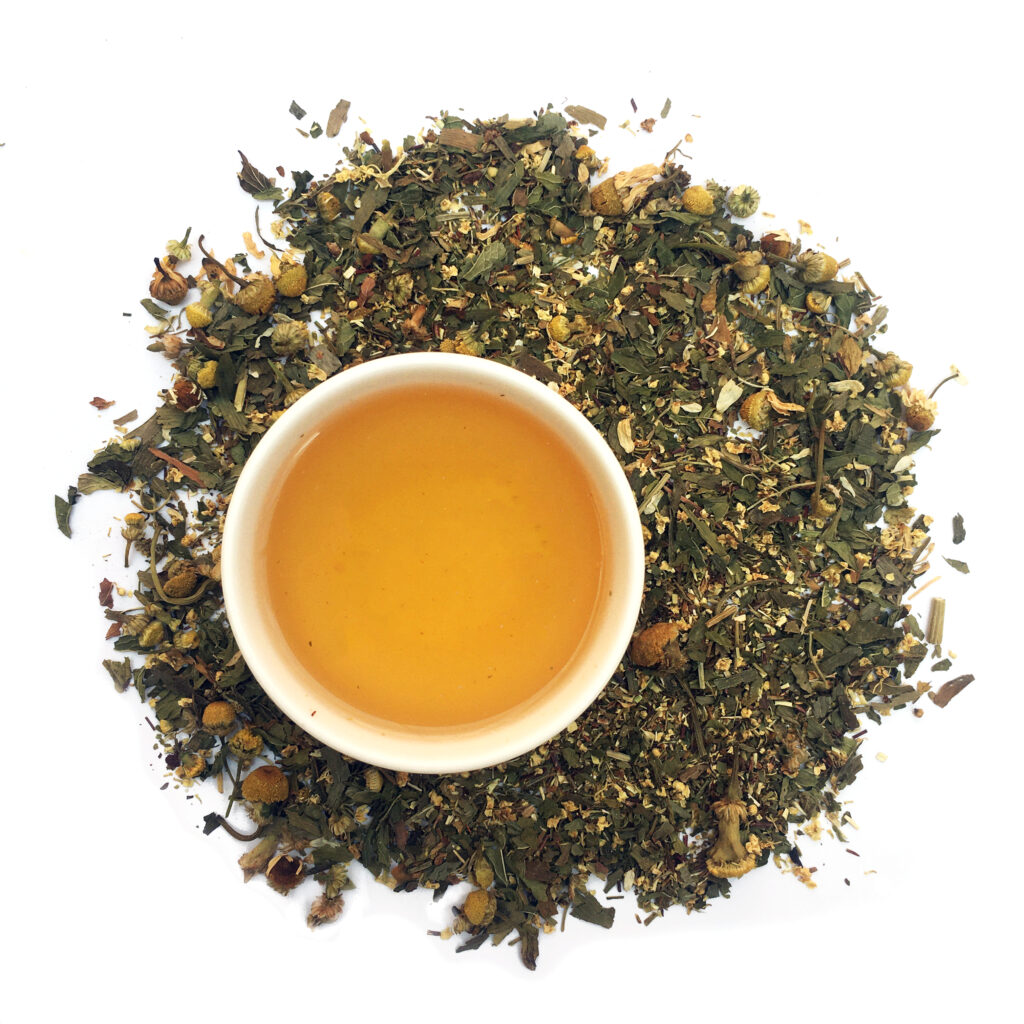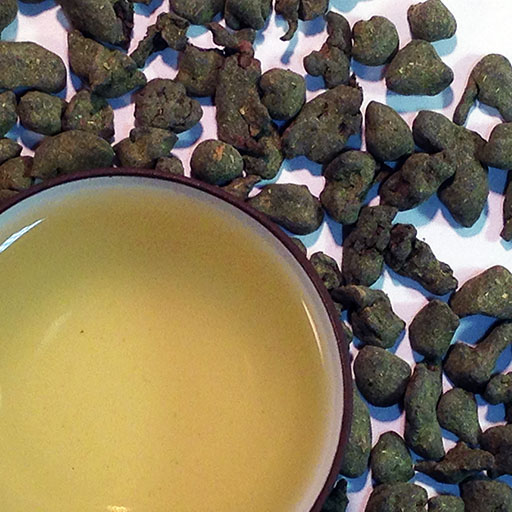Celebrate National Arts & Humanities Month With The OG Scholarship Beverage—Tea
In just two days, we turn the calendar from September to October. Among many other wonderful things about this glorious autumnal patch of 31 days, October is National Arts and Humanities Month. And this resonates with Ku Cha House of Tea.
Tea and scholarship share a close relationship. It was Chinese scholars, thousands of years ago, who first discovered tea’s ability to stimulate thought and nurture creativity. The tea + scholarship tradition never faltered in China, even as its popularity expanded dramatically far beyond the realms of quiet, book-lined rooms where professors and poets explored things like mathematics, geology and the meaning of life. As tea rooted in Japan and Korea, too, scholars quickly became its principal advocates.

With tea now the most commonly consumed beverage in the world after water, the connection to scholars today is not as profound. But visit any university campus, and you’ll find the tea drinkers scattered amongst the coffee imbibers — sipping on Earl Grey as they work on an architectural rendering, slurping oolong while cramming for a sociology final, cradling a cup of sencha before an afternoon pottery class.
Ku Cha and Scholarship
The relationship between tea and scholarship informed the opening of Ku Cha House of Tea. In addition to loving tea, Ku Cha owners Rong and Qin also came to the United States to pursue graduate work at the University of Colorado. Throughout their university careers, they drank a LOT of tea. And shortly after graduating, they opened Ku Cha.
Along the way, Ku Cha began hosting events sponsored by the University of Colorado’s Center for Humanities & the Arts, or CHA (incidentally, in Chinese, cha means tea; our shop’s name, Ku Cha, means “bitter tea”). Ku Cha even crafted two custom blends, CHA Awake and CHA Relax, to honor the Center. And last year, Rong became a member of the Center’s advisory board, helping to steer the dynamic institution in fruitful ways.
Given that October is National Arts and Humanities Month, along with the rich history of tea and scholarship, and Rong and Qin’s deep passion for education, we think it’s time to explore teas that we think are especially advantageous for engaging with the life of the mind.
Teas for Scholarship: CHA Awake

When we decided to create a pair of bespoke blends for the University of Colorado’s Center for Humanities & the Arts, we quickly understood that one would revolve around staying awake and mental alertness. For this blend, we combined lovely Yunnan Black tea, from China’s beautiful Yunnan Province, with organic ripe pu-erh, also from Yunnan; pu-erh is the only style of tea that is fermented. So the blend relies in part on two styles of traditional tea, or Camellia sinensis. People around the world savor pu-erh teas for their flavors, but also for health benefits, including potential positive impacts on cholesterol, blood lipids, weight and detoxification.
To this foundation of traditional tea, we add organic orange peel and organic cinnamon, a combination that stimulates the taste buds as well as the mind. This is a perfect wake-up tea, as well as one that we enjoy across the morning and early afternoon.
Teas for Scholarship: CHA Relax

Engaging with scholarship requires energy and focus. But it also demands rest; a busy brain that fails to relax loses its power. For this custom Center for Humanities & the Arts tea, we skipped traditional teal altogether, to steer clear of caffeine. Instead, we based the tea on green rooibos, from the South African shrub that people across the country sip with abandon. Rooibos is rich in vitamins and electrolytes, both of which help dial-in health.
In addition, the tea includes organic ginkgo leaf, a botanical widely leveraged around the world for mental acuity. We round out the tea with organic elder flower, organic chamomile and organic spearmint, all of which get used to promote serenity and calm.
For people looking for a tea that will gently nudge them toward restfulness and ultimately sleep, this is a ringer.
Teas for Scholarship: Blue Spring Oolong

One of our most popular teas, tea artisans in China’s Fujian Province first harvest gorgeous oolong tea and roll the leaves into tight pellets. Following this unique step, they then coat the pellets with powder from licorice root.
The combination yields another tea that is excellent for mental work. The oolong, a traditional Camellia sinensis tea, offers light caffeine for stimulation. And the licorice root powder also nurtures brain functions, while also aiding with digestion and adding delicious flavor to this great tea. The rich, sweet aftertaste also soothes sore throats.

